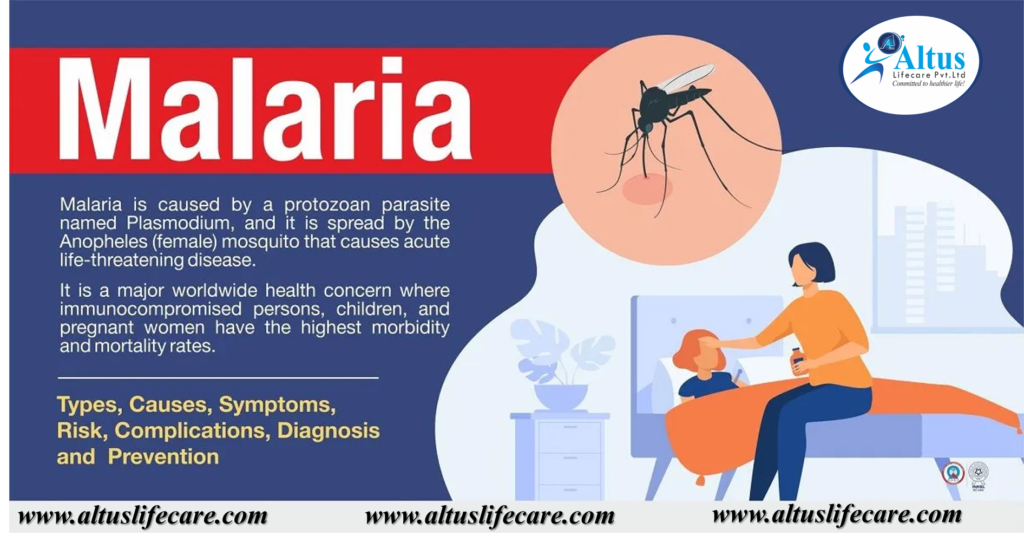No products in the cart.
Return To Shop“Defeat Malaria, Protect Lives: Empowering Communities with Effective Anti-Malarial Strategies”

Protect Lives: Empowering Communities with Effective Anti-Malarial Strategies
Introduction:
Malaria continues to be a major global health concern, affecting millions of people each year. However, with effective anti-malarial strategies, we can combat this deadly disease and strive towards a malaria-free world. In this comprehensive guide, we will explore various preventive measures, treatment options, and emerging advancements in the fight against malaria.

Understanding Malaria and Its Impact
Malaria, a mosquito-borne infectious disease, is caused by the Plasmodium parasite. It poses a significant threat to human health, particularly in tropical and subtropical regions. By understanding the disease’s impact, we can better grasp the urgency of implementing anti-malarial strategies.
Use of Insecticide-Treated Bed Nets:
Sleeping under insecticide-treated bed nets is one of the most effective ways to prevent mosquito bites and subsequent malaria infection. These nets act as a physical barrier against mosquitoes, reducing the risk of transmission.

Indoor Residual Spraying:
Indoor residual spraying involves applying insecticides to the interior walls of houses and buildings, targeting mosquitoes that come into contact with the treated surfaces. This method helps in reducing mosquito populations and malaria transmission
Seeking Early Diagnosis and Treatment
Diagnostic Testing:
Accurate and timely diagnosis is crucial for effective malaria management. Rapid diagnostic tests (RDTs) can quickly detect the presence of malaria parasites in blood samples, allowing for prompt treatment initiation.
Artemisinin-Based Combination Therapies (ACTs):
ACTs are the recommended first-line treatment for uncomplicated malaria. These drug combinations are highly effective in clearing the parasite from the body and preventing the development of drug resistance.
Research and Innovations
Development of Vaccines:
Significant progress has been made in the development of malaria vaccines. The most advanced vaccine candidate, RTS,S/AS01, has shown promise in reducing malaria cases among young children. Continued research aims to improve vaccine efficacy and expand its availability.
Genetic Modification of Mosquitoes:
Scientists are exploring genetic modification techniques to create mosquito populations resistant to the malaria parasite. By altering mosquito genetics, it is possible to reduce their ability to transmit the disease, potentially leading to a significant decline in malaria transmission.
Community Engagement and Education
Health Education Programs:
Raising awareness about malaria prevention, symptoms, and treatment options is crucial for community engagement. By educating individuals, communities can adopt preventive measures and seek timely medical assistance.
Active Participation:
Engaging local communities, non-governmental organizations (NGOs), and governments in the fight against malaria is vital. Collaborative efforts can help implement effective anti-malarial strategies and ensure their sustainability.
Conclusion:
Defeating malaria requires a comprehensive approach that combines prevention, early diagnosis, treatment, research, and community engagement. By implementing these anti-malarial strategies, we can make significant progress in reducing the burden of malaria and move closer to a malaria-free future. Let us unite our efforts and work towards eradicating this devastating disease once and for all.
Frequently asked questions about anti-malarial measures:
What is the best way to prevent malaria?
The best way to prevent malaria is by using insecticide-treated bed nets while sleeping and practicing indoor residual spraying. Additionally, taking anti-malarial medications as prescribed and following appropriate preventive measures when traveling to malaria-endemic areas is essential.
Are anti-malarial medications effective?
Yes, anti-malarial medications are effective in preventing and treating malaria. Different medications may be recommended based on the type of malaria in a specific region and individual factors such as age, pregnancy, and any underlying medical conditions.
Do I need to take anti-malarial medications if I’m traveling to a malaria-free destination?
If you are traveling to a malaria-free destination, you may not need to take anti-malarial medications. However, it is advisable to consult with a healthcare professional or travel medicine specialist to assess the risk and determine the need for any preventive measures.
Are there any side effects of anti-malarial medications?
Anti-malarial medications may have side effects, although they are generally well-tolerated. The specific side effects can vary depending on the medication used. It is important to discuss any concerns or potential side effects with a healthcare professional before starting any anti malarial treatment.
Can I get vaccinated against malaria?
Currently, there is no commercially available malaria vaccine that provides complete protection. However, ongoing research has led to the development of the RTS,S/AS01 vaccine, which has shown promise in reducing the risk of malaria in certain age groups. Consult with a healthcare professional or travel medicine specialist for the latest information on malaria vaccines.
Is it safe to take anti malarial medications during pregnancy?
The safety of anti malarial medications during pregnancy depends on the specific medication. Some anti-malaria are considered safe for use during pregnancy, while others may carry potential risks. It is essential to consult with a healthcare professional who can assess the risks and benefits and provide appropriate recommendations.
Can mosquitoes become resistant to anti malarial measures?
Yes, mosquitoes can develop resistance to certain insecticides used in bed nets and indoor residual spraying. This highlights the importance of regularly monitoring mosquito populations and using a combination of different preventive measures to combat resistance effectively.
Remember, it is always advisable to consult with a healthcare professional or travel medicine specialist for personalized advice and recommendations based on your specific circumstances and travel plans.








Add comment